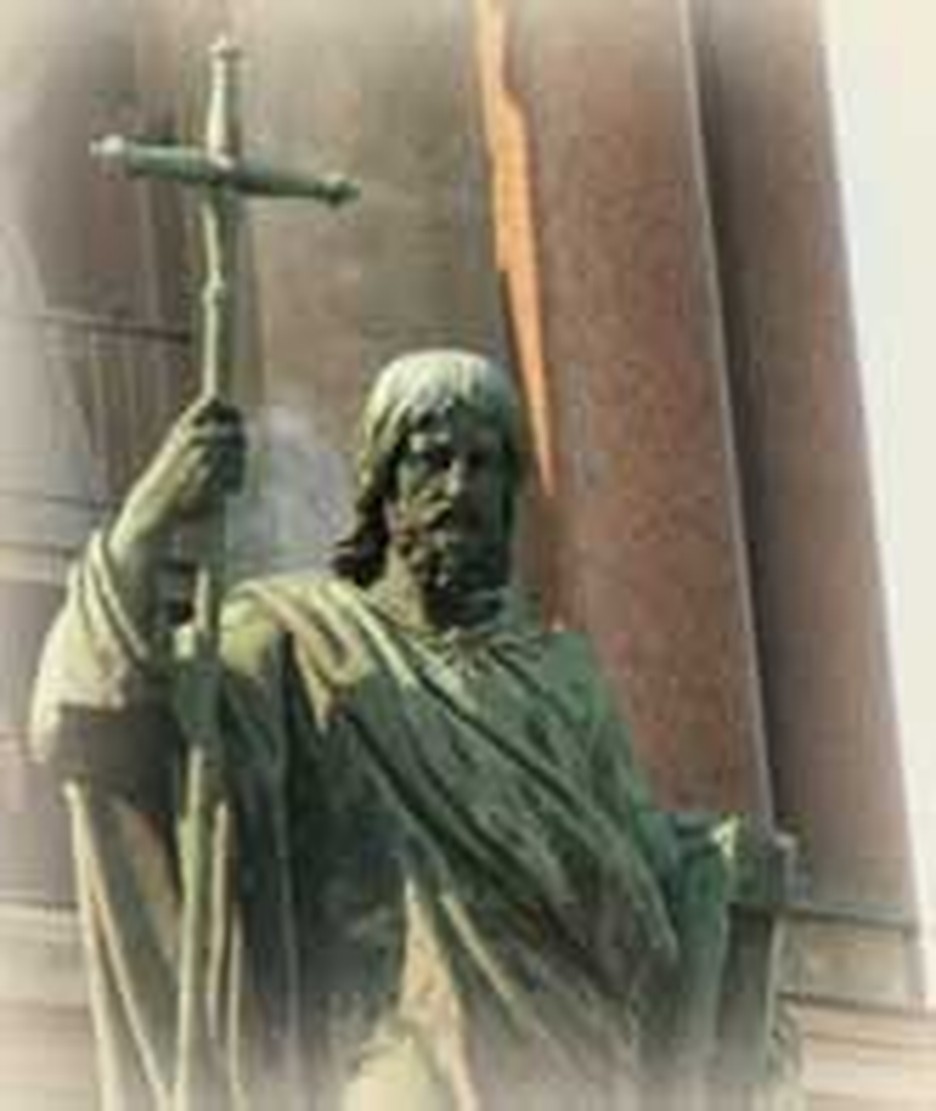
The Gospels contain the comparatively scanty notices of this disciple. He is mentioned as being of Bethsaida, the city of Andrew and Peter (John 1:44), and apparently was among the Galilean peasants of that district who flocked to hear the preaching of the Baptist. The manner in which St. John speaks of him, the repetition by him of the self-same words with which Andrew had brought to Peter the good news that the Christ had at least appeared, all indicate a previous friendship with the sons of Jona and Zebedee, and a consequent participation in their Messianic hopes. The close union of the two in John 6 and 12 suggests that he may have owed to Andrew the first tidings that the hope had been fulfilled. The statement that Jesus found him (John 1: 43) implies a previous seeking. To him first in the whole circle of the disciples were spoken the words so full of meaning, “Follow me” (ibid.).
As soon as he has learnt to know his Master, he is eager to communicate his discovery to another who had also shared the same expectations. He speaks to Nathanael probably on his arrival in Cana (comp. John 21: 2), as though they had not seldom communed together, of the intimations of a better time, of a divine kingdom, which they found in their sacred books. We may well believe that he, like his friend, was an “Israelite indeed in whom there was no guile.” In the lists of the twelve Apostles in the Synoptic Gospels, his name is as uniformly at the head of the second group of four, as the name of Peter is at that of the first (Matt. 10: 3; Mark 3: 18; Luke 6: 14); and the facts recorded by St. John give the reason of this priority. Philip apparently was among the first company of disciples who with the Lord at the commencement of his ministry, at the marriage of Cana, on his first appearance as a prophet in Jerusalem (John 2). When John was cast into prison, and the work of declaring the glad tidings of the kingdom required a new company of preachers, we may believe that he, like his companions and friends, received a new call to a more constant discipleship (Matt. 4: 18-22).
When the Twelve were specially set apart for their office, he was numbered among them. The first three Gospels tell us nothing more of him individually. St. John, with his characteristic fullness of personal reminiscences, records a few significant utterances (John 5: 5-9; 12: 20-22; 14: 8), No other fact connected with the name of Philip is recorded in the Gospels.
Resources: This story is adapted from John Kitto's 1870 History of the Bible and represents the commonly accepted views about this apostle among rank and file believers in the late 19th century.








